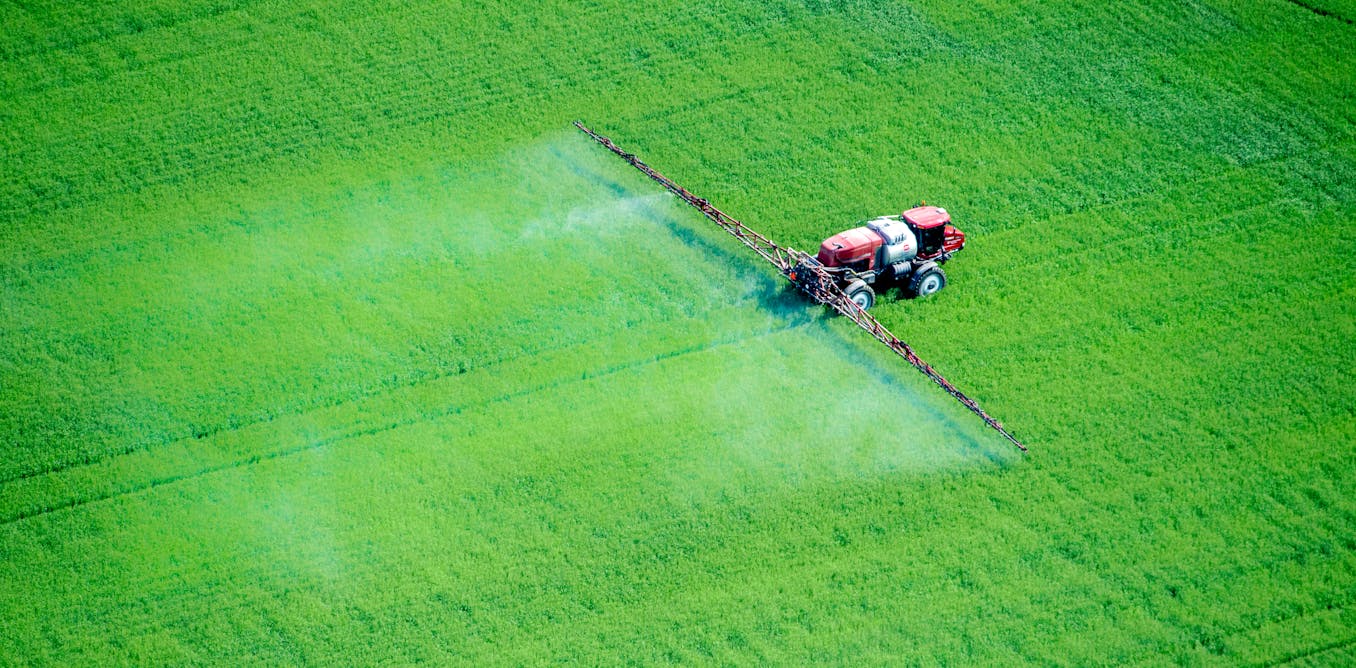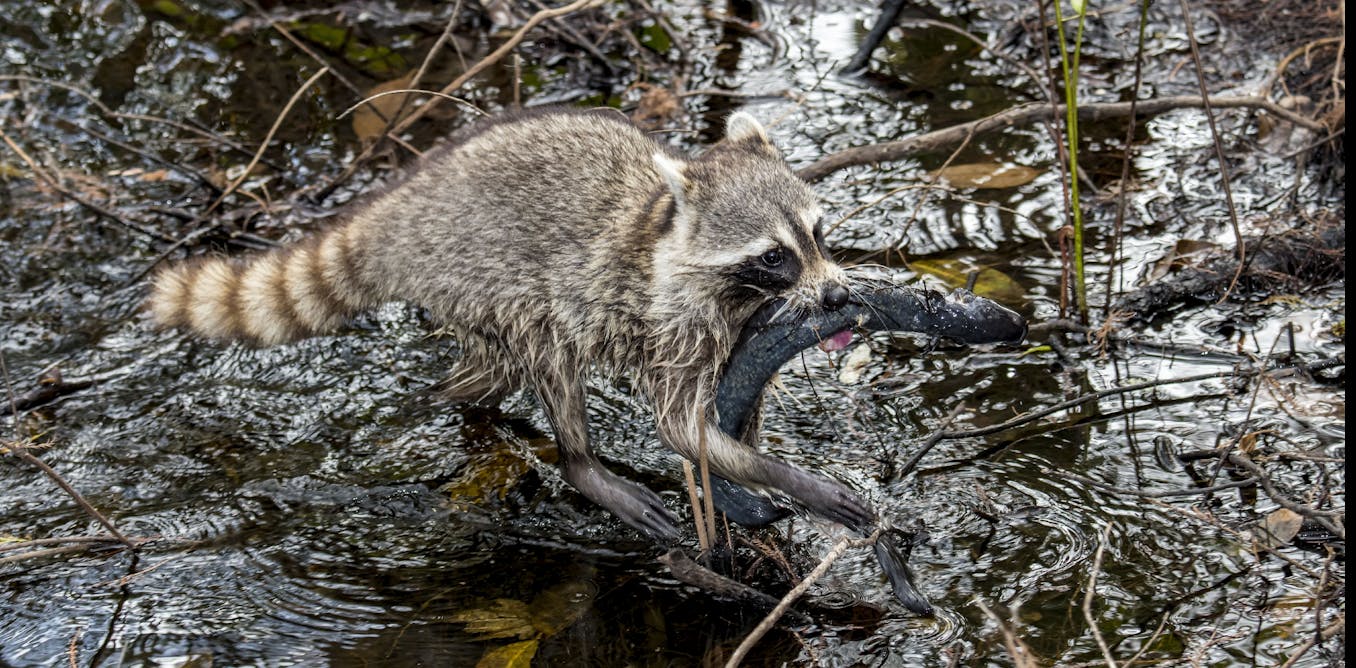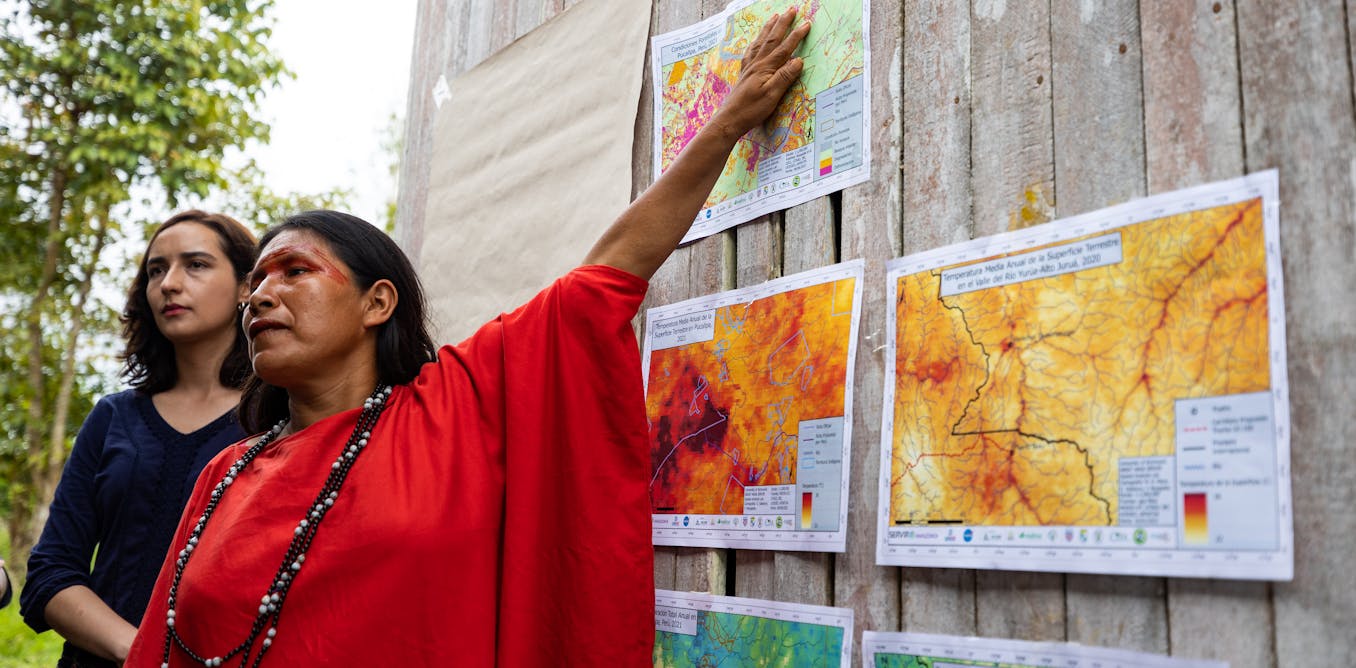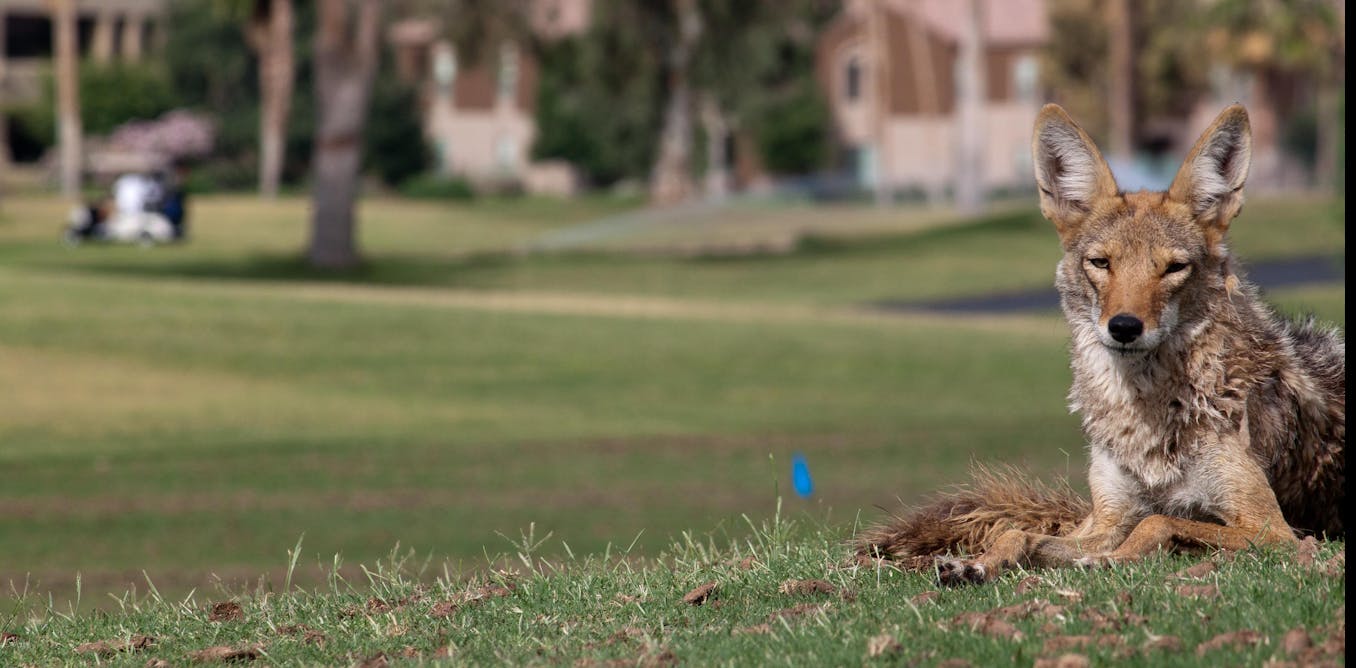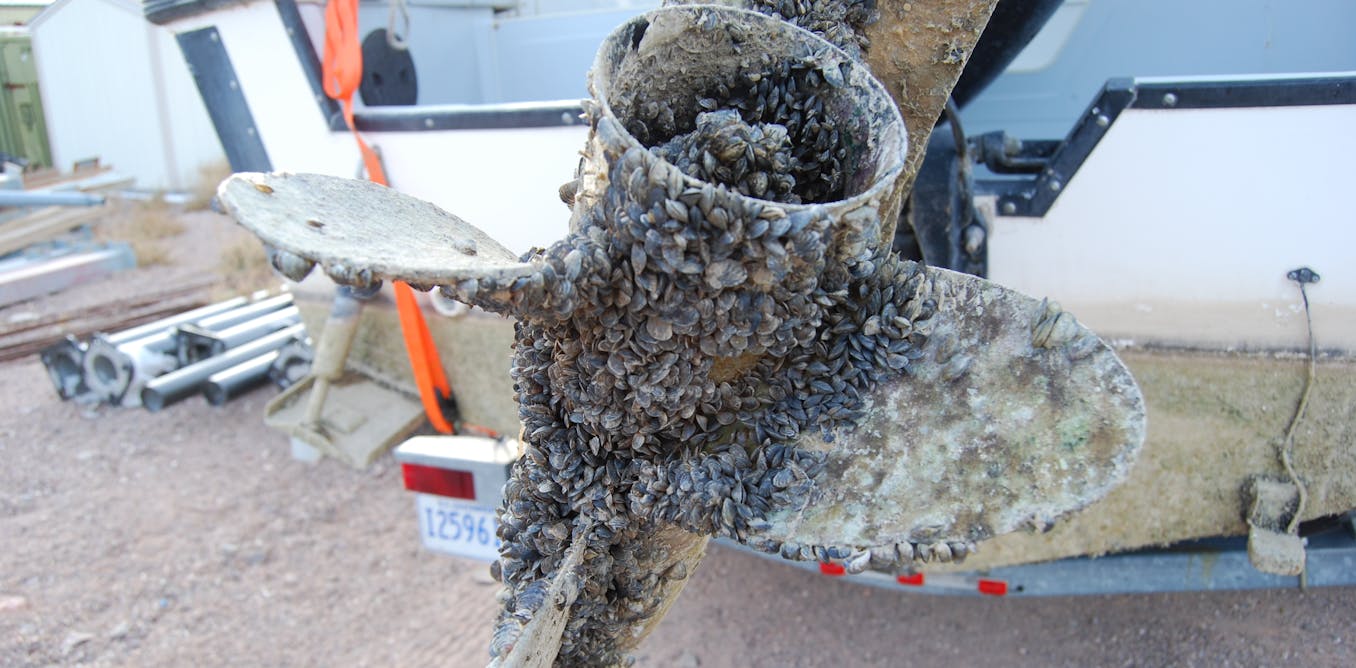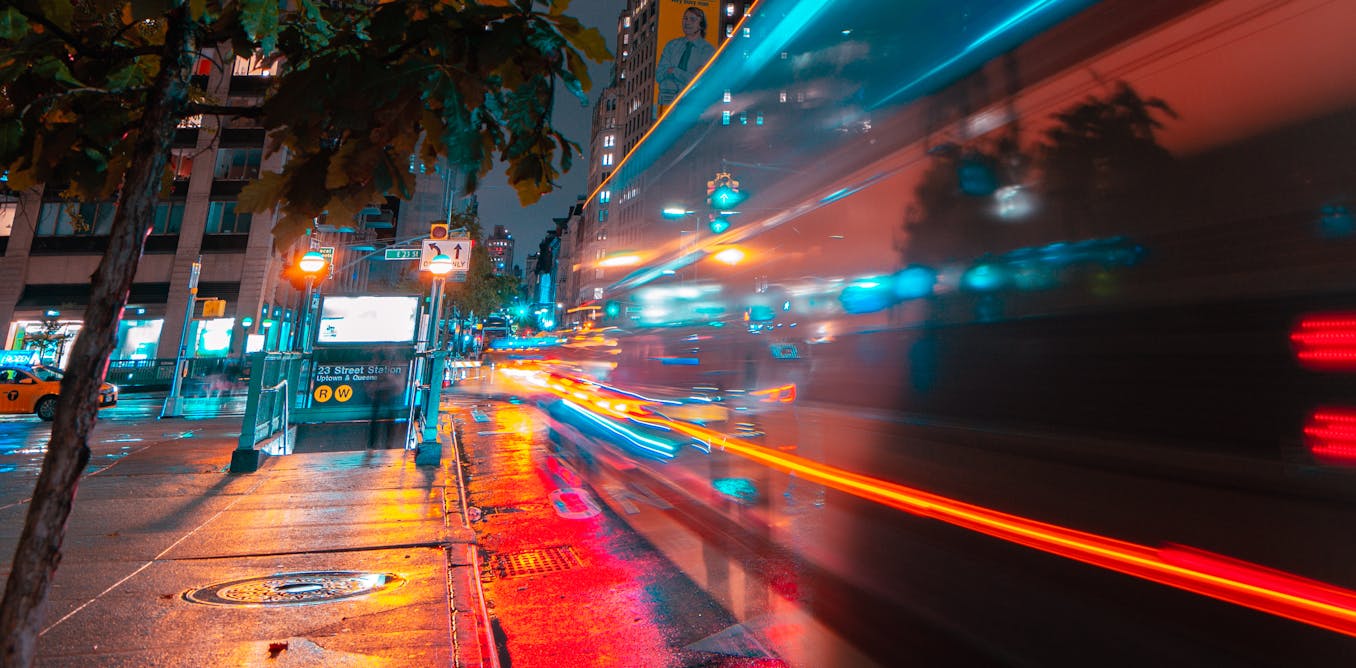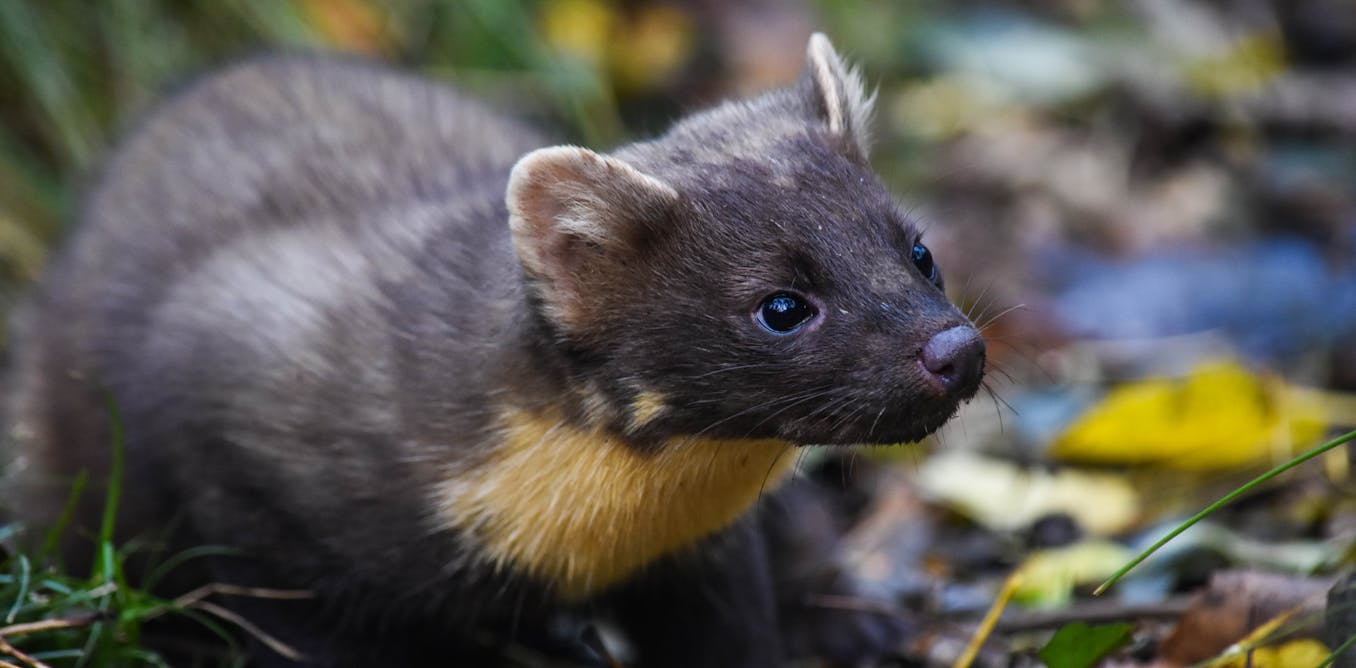Wildfires reshape forests and change the behavior of animals that live there
Wildfires are remaking western US forests. Decisions about managing forests that have burned should factor in how fires change animal behavior and interactions between predators and prey.
Oct. 19, 2022 • ~9 min


